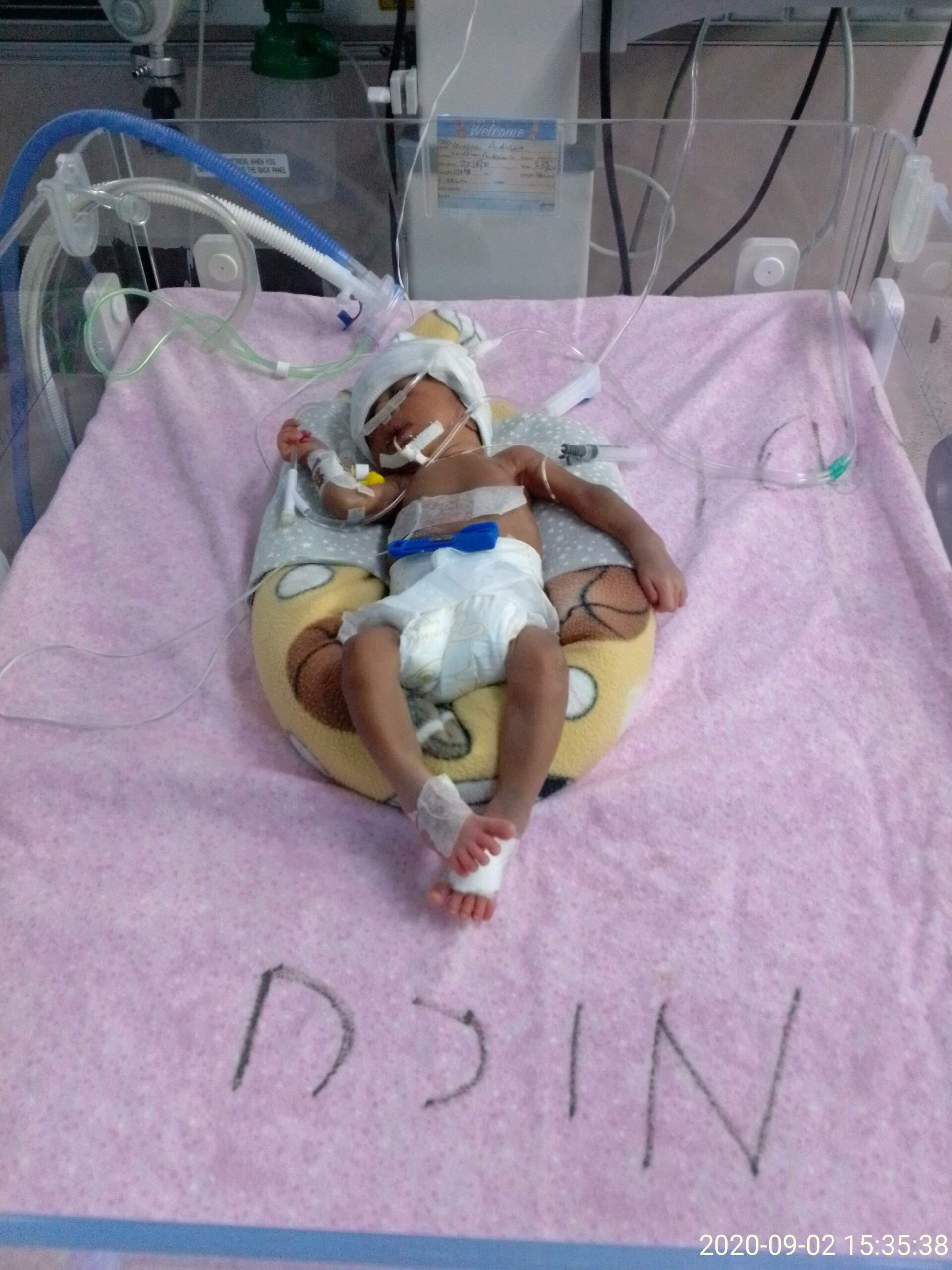Your cart is currently empty!

Micro Preemies: The Littlest Fighters now
Posted by:
|
On:
|

Understanding and Supporting the Tiniest Miracles
The arrival of a new baby is a momentous occasion, filled with joy, anticipation, and a touch of wonder. But for parents of micro-preemies – babies born before 26 weeks of gestation – the journey begins in the Neonatal Intensive Care Unit (NICU), a world of beeping machines, tiny isolettes, and a team of dedicated medical professionals working tirelessly to nurture these fragile lives.
What are Micro Preemies?
Micropreemies are the tiniest of the tiny, weighing less than 1.5 pounds (700 grams) and measuring less than 14 inches (35 centimeters) at birth. Their bodies are still under development, and their organs are not yet fully mature. This makes them incredibly vulnerable to a variety of health challenges, including:
- Respiratory problems: Their lungs are not fully developed, making it difficult for them to breathe on their own. They may require respiratory support, such as mechanical ventilation or continuous positive airway pressure (CPAP).
- Feeding difficulties: Their tiny mouths and immature digestive systems make it challenging for them to suck, swallow, and coordinate feeding. They may require tube feeding to receive the nutrients they need.
- Temperature instability: They are unable to regulate their body temperature effectively, putting them at risk for hypothermia or hyperthermia.
- Infections: Their immune systems are not fully developed, making them more susceptible to infections.
- Brain development: Their brains are still under development, and they may be at risk for developmental delays or disabilities.
The NICU Journey
The NICU becomes a second home for micro preemies and their families. Parents are often overwhelmed by the complex medical equipment, unfamiliar terminology, and the constant worry for their child’s well-being. But they are also surrounded by a team of compassionate nurses, neonatologists, and other specialists who are dedicated to providing the best possible care for their tiny patients.
The NICU environment is carefully controlled to optimize the micro preemie’s development. The temperature and humidity are regulated, the lights are dimmed, and noise levels are kept low. Kangaroo care, where the baby is held skin-to-skin with their parent, is encouraged to promote bonding, comfort, and pain relief.
Treatment and Care
The treatment and care of micro preemies is individualized based on their specific needs and conditions. Some common interventions include:
- Respiratory support: This may include mechanical ventilation, CPAP, or oxygen therapy.
- Nutritional support: This may include tube feeding or intravenous fluids.
- Medication: This may include antibiotics to treat infections, diuretics to manage fluid balance, and medications to support heart function or blood pressure.
- Developmental interventions: This may include physical therapy, occupational therapy, and speech therapy to help the baby reach their developmental milestones.
The Long Road Ahead
The journey for micro preemies and their families is long and challenging. There will be setbacks and moments of despair, but there will also be moments of triumph and joy as these little fighters overcome seemingly insurmountable obstacles.
With proper medical care, support from their families, and a little bit of luck, most micro-preemies will go on to live healthy and fulfilling lives. However, they may face some long-term challenges, such as:
- Developmental delays: Micro preemies are at increased risk for developmental delays in areas such as language, motor skills, and learning. Early intervention can help to minimize these delays.
- Vision problems: Micro preemies are at risk for retinopathy of prematurity (ROP), a condition that can damage the retina and lead to vision loss. Regular eye exams are essential to monitor for ROP.
- Hearing problems: Micro preemies may have hearing loss, which can affect their speech and language development. Hearing tests are important to identify and address any hearing loss early on.
- Chronic health conditions: Micro preemies may be at increased risk for chronic health conditions such as asthma, chronic lung disease, and heart disease. Regular medical checkups are important to monitor for these conditions.
Supporting Micro Preemies and Their Families
There are many ways to support micro preemies and their families:
- Donate to organizations that support NICUs and families of premature babies.
- Volunteer your time at a NICU.
- Raise awareness about micro preemies and the challenges they face.
- Share your story with other families of micro preemies.
- Offer emotional support and encouragement to families of micro preemies.
A Message of Hope
The birth of a micropreemie is a life-changing event. It is a time of fear, uncertainty, and hope. But it is also a time of incredible strength, resilience, and love. With the support of their families, medical professionals, and the community, micro preemies can overcome seemingly insurmountable obstacles and thrive.
Here are some additional resources for parents of micro-preemies:
- The March of Dimes: https://www.marchofdimes.org/report-card
- The National Preemie Foundation: https://www.marchofdimes.org/prematurity-awareness-month
- The Preemie Parent Network: https://nicuparentnetwork.org/
- The Neonatal Intensive Care Unit Parents Support Group (NICS): https://nicuparentnetwork.org



One response to “Micro Preemies: The Littlest Fighters now”
[…] Micro Preemie: For babies weighing 5 than 1.5 pounds (700 grams). […]